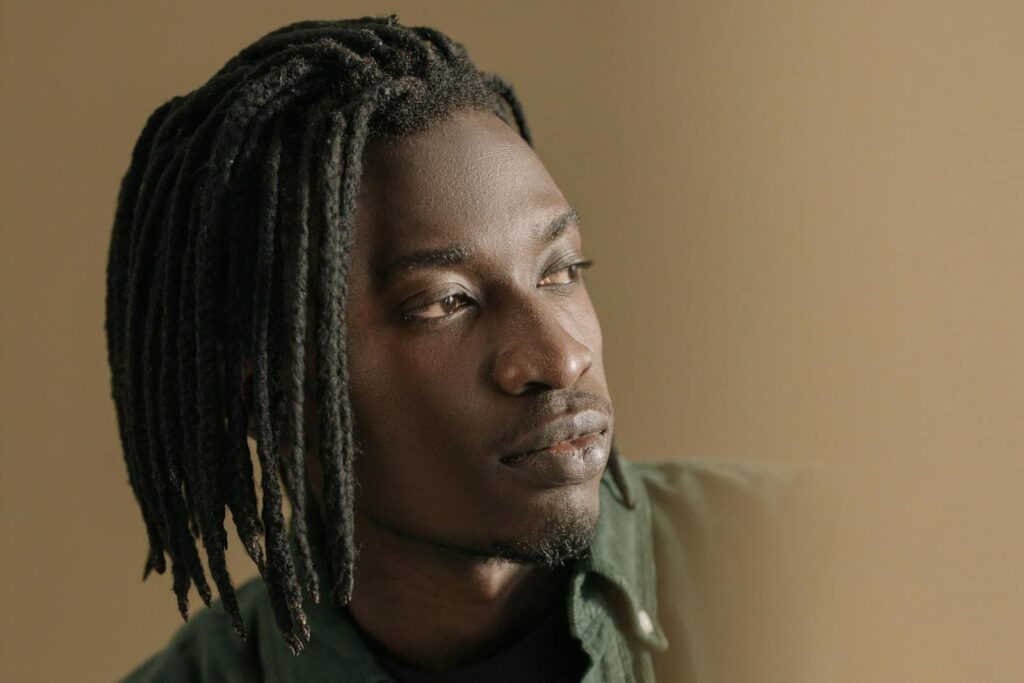Lifestyle
15 Most Common Things That Trigger Jealousy in Relationships

Jealousy doesn’t always come crashing in. Sometimes, it sneaks up quietly—in a passing comment, a lingering glance, or a comparison you didn’t expect. Even in secure relationships, certain situations can stir up that uncomfortable feeling. And while jealousy is natural, recognizing what causes it can help both partners communicate better and avoid misunderstandings before they turn into bigger issues.
Talking about an ex too fondly.

A harmless story about the past can suddenly sting if it sounds a little too nostalgic. When someone speaks warmly or in too much detail about an ex, it may leave their partner feeling insecure or replaced. Even if there’s no intention to hurt, the comparison creeps in. People start wondering: Were they better? Did you love them more?
Spending too much time on the phone.

You don’t have to be flirting with someone to make your partner feel pushed aside. When one person is glued to their phone—scrolling, texting, laughing at messages—the other often feels like background noise. It creates a quiet divide. The issue isn’t always about jealousy over a specific person. It’s about attention, presence, and feeling like the one sitting next to you matters more than what’s happening on a screen.
Comparing them to others.

Even a casual “You should dress like him” or “She’s really put-together” can hit hard. These comparisons create an invisible standard the partner feels pressured to meet. No one likes being measured against someone else, especially when it comes to attractiveness, ambition, or personality. These little remarks might be meant as jokes or observations, but they often land as silent criticisms that chip away at confidence.
Liking or commenting on someone else’s posts.

Social media adds fuel to jealous feelings. A harmless “like” or flirty comment on another person’s post, especially someone attractive, can spark insecurity. It feels like public approval of someone else, and it can make your partner wonder where your attention really lies. Even if nothing’s going on, the action itself can seem like a small betrayal of emotional focus, which triggers doubt and discomfort.
Being secretive about plans.

When plans are vague or details are withheld, it’s easy for the imagination to take over. If one person says, “I’m going out,” but offers nothing more, the other is left filling in the blanks. It may have nothing to do with mistrust—just the discomfort of not being in the loop. That gap between what’s known and what’s hidden is a breeding ground for suspicion and emotional tension.
Flirting with others even if it’s “harmless”.

Some people flirt out of habit. They don’t mean anything by it. But that doesn’t mean it doesn’t affect their partner. A light touch, a lingering laugh, or too much charm can be deeply unsettling when it’s directed at someone else. What’s “harmless fun” to one person can feel like emotional betrayal to the other. It’s not about jealousy over others—it’s about respect within the relationship.
Talking about someone else’s looks.

You don’t have to say much for this one to sting. If someone constantly comments on how attractive others are, it chips away at security. Even in passing, those little remarks can build up. It leaves the other person wondering if they’re still seen or appreciated. Compliments stop feeling special when you hear your partner dishing them out to everyone else.
Spending too much time with someone they find threatening.

Even if the friendship is platonic, spending a lot of time with someone your partner feels uneasy about can trigger jealousy. Maybe it’s an old flame, a close coworker, or someone overly friendly. When that person gets more time, attention, or emotional energy than your partner does, insecurities start brewing.
Keeping past relationships private.

It’s fine to be private. But when one person is vague or evasive about their romantic history, the other might fill the silence with assumptions. Not knowing what came before them, especially if they sense it was significant, can make a partner feel like they’re being kept at arm’s length. Transparency doesn’t mean over-sharing, but when answers are dodged, suspicion often follows.
Acting differently around certain people.

When someone suddenly changes their tone or energy around another person, it gets noticed. Whether it’s more laughter, a softer voice, or extra enthusiasm, these sudden shifts don’t go unseen. Your partner may not say anything, but they feel it. That behavioral change, no matter how minor, creates a contrast that makes them feel like they’re no longer getting the best version of you, and jealousy quickly follows.
Teasing them in front of others.

Some couples joke around publicly. But when teasing crosses into embarrassment, it creates insecurity. If one partner pokes fun at the other’s habits, quirks, or past mistakes in front of others, it can feel like a betrayal. The person being teased might smile on the outside but feel exposed or disrespected inside. That feeling of being made small can turn into jealousy over others being treated more kindly.
Downplaying the relationship in public.

It’s awkward and hurtful when someone acts single in front of others. Introducing your partner as “a friend,” dodging physical closeness, or avoiding any sign of connection makes the relationship feel invisible. Even if the person doing it thinks they’re just being private, the one on the receiving end often feels dismissed.
Being emotionally unavailable.

Sometimes, jealousy comes not from what’s done—but what’s withheld. When a partner starts pulling away emotionally, doesn’t share thoughts, or stops opening up, the other begins to wonder who is getting that emotional space. The silence creates suspicion. Even if there’s no third party involved, the absence of connection makes room for doubt, insecurity, and fear that someone else might step in.
Bringing up an ex’s accomplishments.

Even years later, casually mentioning an ex’s promotion, success, or achievements can sting. It’s not just the mention, but also the implied admiration. Your partner may feel like they’re being silently compared or that your mind still drifts back to someone else’s path. Even if there’s no lingering emotion, the praise can still trigger that subtle feeling of jealousy and emotional distance.
Over-sharing with someone else.

When one partner confides deeply in someone outside the relationship, it can feel like emotional cheating. Sharing private thoughts, daily frustrations, or personal dreams with someone outside the relationship often signals emotional drift. Even if it’s innocent, the other person may feel quietly replaced. It plants doubt, and over time, that distance grows hard to ignore.

